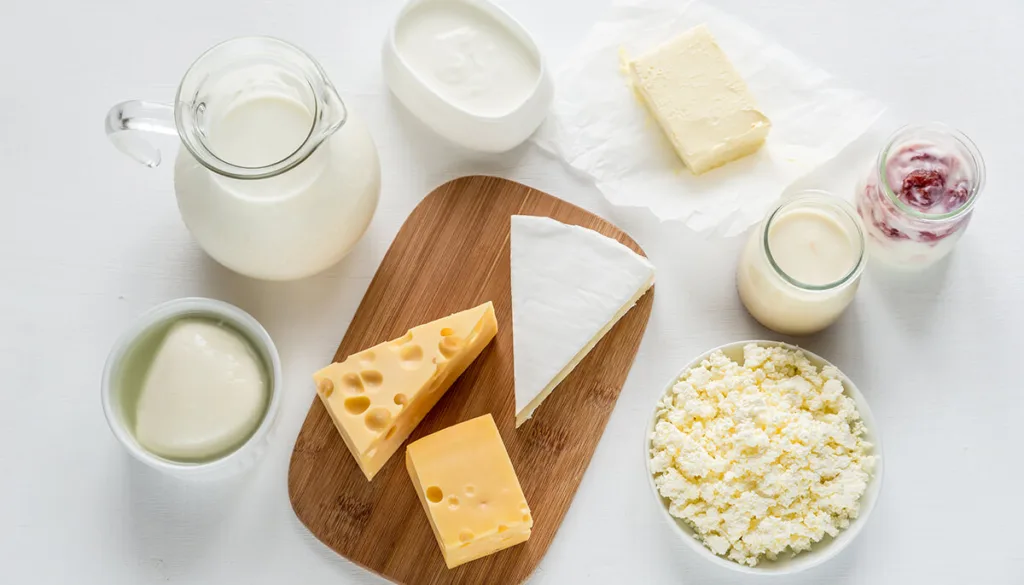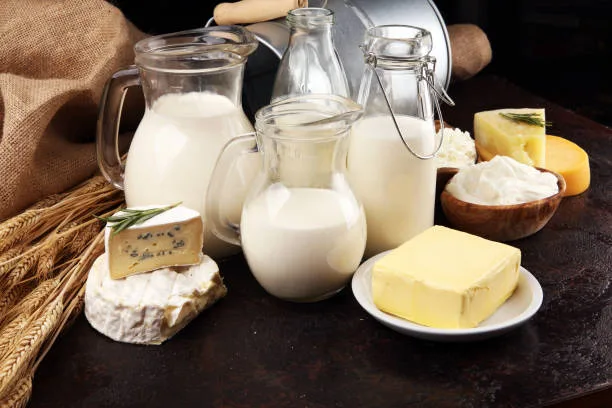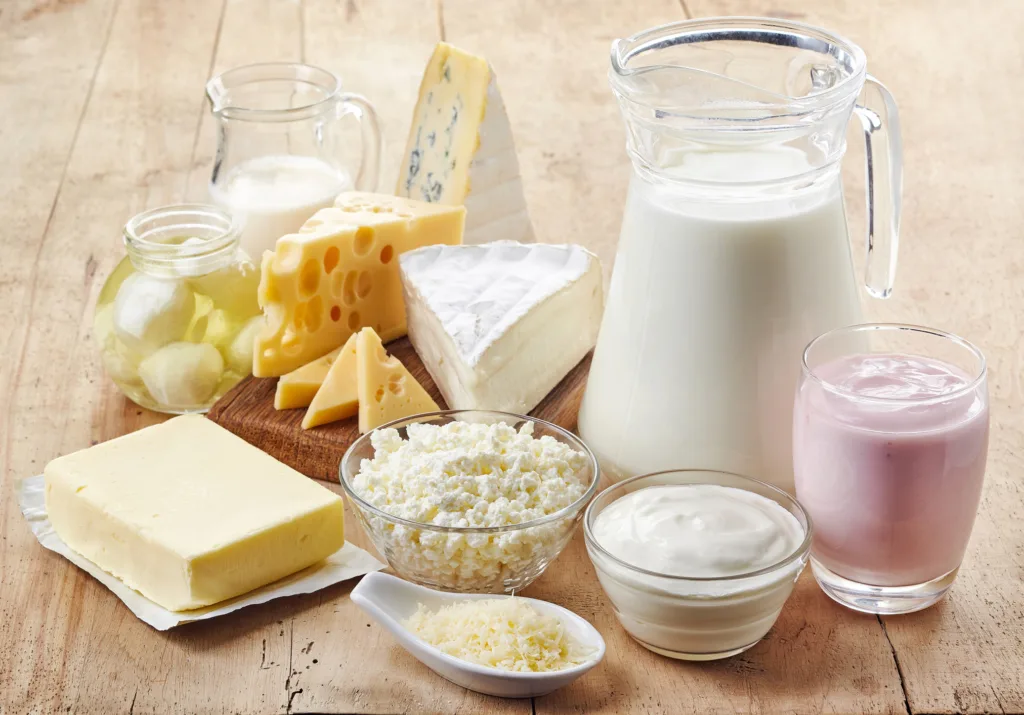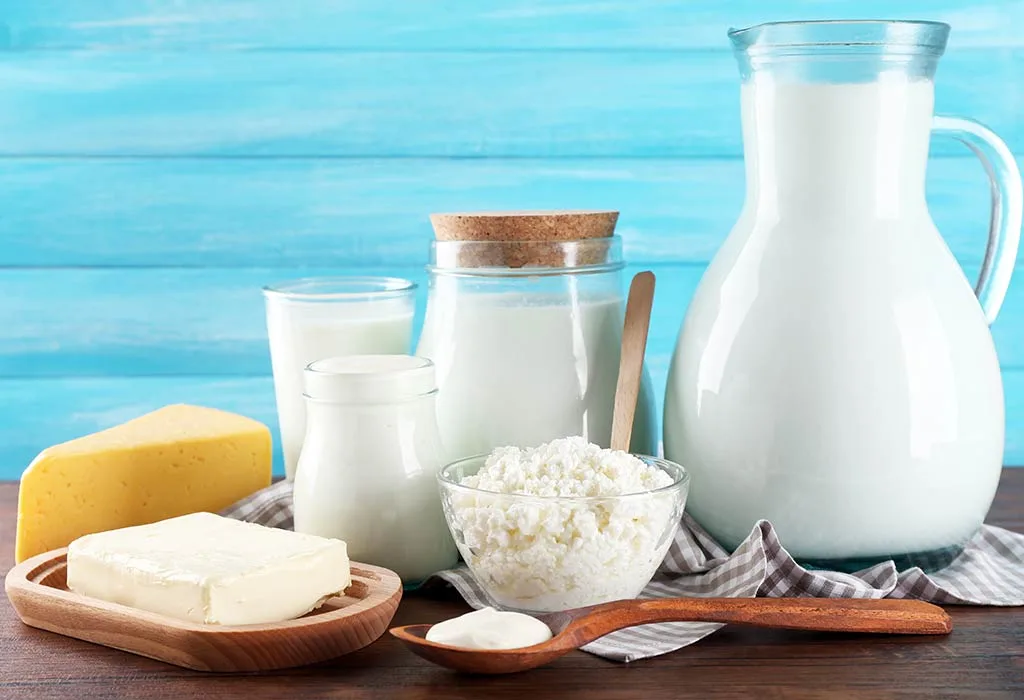Got milk? Cheese? Yogurt? If you’re like most people, dairy products are a regular part of your diet. But when you’re trying to lose weight, dairy can be a tricky topic. Some swear it helps them slim down. Others feel it totally derails their efforts. So what’s the real deal? Can dairy support healthy weight loss or does it sabotage your goals?
Let’s explore the good, the bad, and the healthiest ways to enjoy dairy as part of a balanced weight loss plan. By the end, you’ll understand dairy’s impact better and whether it deserves a spot on your own plate.
I. Dairy: Friend or Foe to Weight Loss?
On one hand, dairy provides a trove of important nutrients. A glass of milk delivers a healthy dose of bone-building calcium, vitamin D, and satiating protein. Not bad! But some dieters shun dairy like the plague, claiming it causes inflammation, messes with hormones, or spikes blood sugar.
So who’s right? Well, like most things in nutrition, the relationship between dairy and weight isn’t so black and white. The optimal diet includes foods you enjoy that make you feel energized and healthy. If you’ve struggled with extra pounds, dairy seems risky. But plenty of folks slim down with yummy yogurt, cheese, and milk in the mix. Rather than “good” or “bad,” it’s about finding what works best for your body. Let’s explore the potential perks and pitfalls so you can decide if dairy deserves a spot in your own weight loss journey.

II. The Nutritional Benefits of Dairy
When it comes to nutrients, dairy delivers. Here are some of its nutritional superpowers:
Calcium for Bones: A cup of milk has 300mg calcium – about 30% of your daily needs. Calcium keeps bones strong and helps muscles fire properly. Low-fat dairy is the most convenient source of this mineral.
Vitamin D for Immunity: That same cup of milk packs 100 IU vitamin D, a nutrient many of us lack. Vitamin D helps the body absorb calcium and supports a healthy immune system.
High-Quality Protein for Satiety: Milk contains 8 grams of filling protein per cup. Protein takes longer to digest keeping you satisfied between meals. Dairy protein also contains all the essential amino acids needed to maintain and build muscle.
Potassium, Phosphorus and B Vitamins Too: Dairy provides these nutrients that support bone health, metabolism, nerve function and energy levels.
Choosing low or reduced-fat versions like skim milk, part-skim cheese and nonfat yogurt allows you to get this nutritional goodness without all the saturated fat and calories.
The protein, calcium and nutrients in dairy may also promote weight loss:
- Higher protein diets help regulate appetite hormones, control portions, and reduce cravings. One study found people eating a high dairy, high protein diet lost nearly double the fat over 3 months compared to those consuming less.
- Calcium and components in dairy may help break down fat cells and inhibit new fat formation.
- Building and maintaining muscle with dairy protein stokes metabolism to help burn extra calories.
Overall, low or reduced-fat dairy can provide weight loss benefits without derailing your daily calorie goals. The nutrition package supports healthy metabolism, appetite control, and muscle mass as the pounds come off.

III. The Controversy: Potential Drawbacks of Dairy
Despite the positives, some claim dairy may sabotage weight loss efforts. So what’s the beef with dairy?
Lactose: Milk contains the sugar lactose. About 65% of adults have trouble digesting it, leading to gas, cramps and bloating. Some researchers claim these issues promote weight gain.
Hormones & Antibiotics: Conventional dairy may contain trace hormones or antibiotics used in milk production, concerning some dieters.
Saturated Fat & Calories: Full-fat dairy items like whole milk, cream and butter pack a hefty dose of saturated fat and calories that may lead to weight gain over time.
Appetite Stimulation: The sugar galactose in dairy may theoretically stimulate appetite and inhibit fat breakdown. However, research doesn’t clearly support this.
Inflammation & Blood Sugar: Some blame dairy for inflammation, cardiovascular issues, insulin resistance and elevated blood sugar that impede weight loss. But most well-designed studies find minimal effects.
While these concerns give some dieters pause, the majority appear exaggerated or not strongly supported by research. Those with lactose intolerance or sensitivity may feel better avoiding dairy. But for most, mindfully incorporating low or reduced-fat dairy won’t negatively impact health or weight loss efforts.
IV. Enjoying Dairy as Part of a Weight Loss Plan
The key with any food is moderation and balance. Here are some tips for sensibly incorporating dairy into a weight-friendly diet:
Choose Low-Fat
Go for skim or 1% milk, low-fat yogurt and reduced-fat cheeses to get nutrients without excessive saturated fat and calories.
Watch Portions
Stick to reasonable serving sizes, like 1 cup milk or yogurt, 1.5 ounces cheese, or 2 tablespoons cream cheese. This prevents overdoing calories while still getting benefits.
Pair with Nutritious Foods
Enjoy dairy alongside fiber-rich fruits, veggies, whole grains and lean proteins for balanced nutrition and satiety. Think berries with yogurt or milk in oatmeal.
Boost Protein
Use milk, yogurt or cheese to increase protein in meals and snacks. Adding protein promotes fullness and stable energy levels.
Avoid Added Sugars
Choose unsweetened varieties and flavor plain options with your own fresh fruit. Skip sugary flavored yogurts or creamers which provide excess calories without nutrients.
It is possible to incorporate small amounts of full-fat dairy like real butter, cream, and cheese if it fits your calorie goals and preferences. But leaner versions help maximize nutritional benefit without the hefty fat and calorie load.

V. Nondairy Alternatives
For those avoiding dairy due to lactose intolerance or personal preference, plenty of plant-based alternatives replicate dairy’s taste and texture. Here are some popular options:
Lactose-Free Milk: Real cow’s milk without the lactose is perfectly nutritious for the lactose intolerant.
Soy Milk: Soy provides equivalent protein to dairy milk with added fiber and healthy plant compounds. Opt for unsweetened.
Almond Milk: Almond milk offers a modest amount of protein and vitamin E and has become a staple milk alternative. Seek calcium and vitamin D fortified versions.
Oat Milk: With a creamy texture and mild oat flavor, oat milk rivals the protein punch of dairy while being naturally low in sugar.
Coconut Milk Yogurt: A vegan-friendly way to get probiotics. But much lower in protein than dairy yogurt.
Soy Cheese: Soy-based shredded cheeses melt well, so they can be a tasty alternative for cooking.
Vegan Protein Powder: Pea, soy or other plant proteins add a nutrition boost to smoothies.
Nut Milks: Almond, cashew or coconut milk add creaminess and healthy fats to coffees, smoothies, chia puddings and more.
With some label reading and experimenting, you can find dairy-free options offering comparable creaminess, nutrition and satisfaction. Focus on unsweetened varieties and boost protein at meals from other plant sources like beans, lentils and tofu.
VI. Real-Life Dairy Weight Loss Success Stories
To inspire you further, here are some real-life examples of people who achieved weight loss goals while continuing to eat dairy:
Mindy G., 26, lost 35 pounds over 7 months eating Greek yogurt daily. She most often ate it for breakfast with berries, nuts, and granola. Having a go-to breakfast with yogurt kept her full until lunchtime and prevented morning snack attacks.
James T., 33, struggled with late-night snacking and lost 87 pounds in a year while regularly eating cheese. Pre-portioned cheese sticks or Babybel wheels were his perfect afternoon filler. The salty flavor satisfied cravings without mindless overindulging.
Samantha R., 40, lost nearly 50 pounds over 5 months drinking 2-3 cups of skim milk daily. She said milk was an easy way to gulp extra protein, while replacing cream in coffee with milk eliminated excess calories from sugary cafe beverages.
These real-world examples show dairy can co-exist with weight loss success. Choosing lean options like Greek yogurt, low-fat cheese, and skim or 1% milk allowed them to retain dairy’s perks without the excessive calories.
VII. Expert Opinions on Dairy and Weight Loss
Curious what nutrition pros think? Here are thoughts from two registered dietitians:
“Dairy foods like yogurt, milk and cheese can definitely be included in a healthy weight loss plan,” says Kara Lydon, RD. “The high-quality protein helps support satiety and preserve muscle mass when cutting calories. Those with lactose intolerance can often tolerate small servings of fermented dairy like yogurt.”
“I don’t advise eliminating whole food groups when trying to lose weight,” advises Jenny Friedman, MPH, RDN. “Dairy provides valuable nutrients that are hard to replace. If you do choose to limit dairy, be intentional about obtaining enough protein, calcium, vitamin D and B vitamins from other sources like leafy greens, legumes, seafood, meat and fortified foods.”
The key takeaways are dairy can successfully coexist within a weight loss diet, as long as you opt for reasonable portions of lower fat versions. But tuning into your own body’s response can help determine if dairy supports or interferes with your personal health goals.
VIII. The Bottom Line on Dairy and Weight Loss
So in summary, the true impact of dairy on weight depends on the individual. Some people slim down by ditching dairy entirely. But others incorporate yogurt, cheese and milk sensibly into a healthy weight loss plan.
If you currently eat dairy, experiment by cutting back on full-fat versions and limiting portion sizes. See if that helps the number on the scale budge. If you notice bloating or digestive issues after consuming dairy, your body may process it poorly. In that case, try going dairy-free for a few weeks and opt for nutritious alternatives like lactose-free milk, soy yogurt or almond milk.
But for many, enjoying leaner dairy in moderation poses little downside. Combine sensible portions of milk, yogurt and cheese with plenty of fiber-rich fruits and veggies, whole grains, lean proteins and healthy fats for optimal nutrition. This balanced approach allows you to obtain dairy’s perks without going overboard on calories or fat.
At the end of the day, your personal health history and body’s unique response should guide your dairy decisions. But armed with the facts, most people can determine whether dairy deserves a role in their weight loss journey.

Reader Bonus: Get free weight loss tips delivered to your inbox!
If you enjoyed this post on the great dairy debate, be sure to sign up for my free email newsletter! You’ll receive science-based weight loss and health tips delivered straight to your inbox each week, along with related articles, blogs and motivation to stay on track with your goals. Getting regular support and guidance from a real person can make all the difference in reaching your ideal weight sustainably and enjoying the journey. Sign up now to get started!
Thank you for reading this post, don't forget to subscribe to our free newsletter
!